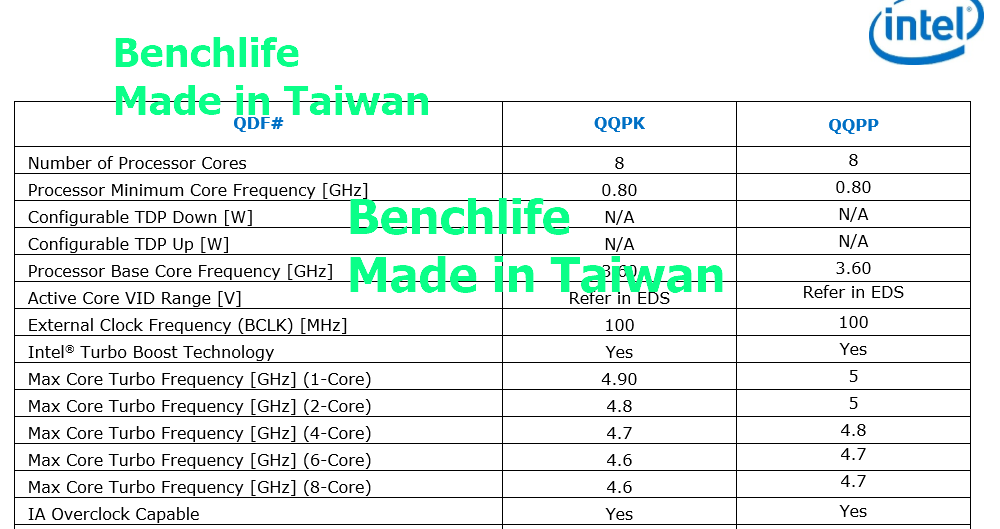coercitiv
Diamond Member
- Jan 24, 2014
- 7,464
- 17,829
- 136
When I bought the 8700 instead of 8700K that's exactly what I was hoping for, a later 8c/16t as a long term upgrade for my desktop while the lower clocked 8700 would end up in the Plex server. I had to be cautiously optimistic about platform support though, as Intel managed to make a real mess with the Z170/270 -> Z370 transition (very poor communication). Fortunately that is no longer a problem, and the rumored solder is just the cherry on top.I have 8700K at home, but probably going to buy 9900K, because it has 16MB of L3 and I hope will provided 300-400Mhz more over my current 4.8Ghz clock. Yeah, that is how much i value desktop performance, and that is knowing that run compiles, JVMs and sometimes multiple linux/android VMs.
That having been said, there's going to be a price to be paid in these forum discussions if we abandon comparison standards. I don't care about the actual value of power consumption, whether it's 65W, 95W, 150-250W - they're all valid use cases, what I care about is using standards in order to replicate benchmarks and be able to make apples to apples comparisons.
We're already starting to see the signs, having reached a point where CPU reviews are effectively Motherboard & CPU reviews, with the same CPU boosting to different clocks depending on the test motherboard (Intel had the MCE funtimes, latest AMD boards are exhibiting similar behavior ), and it's only gonna get worse - we'll have to argue for a couple of pages just to establish stock clocks.
We probably have to agree to disagree on this topic, so I'll give it a rest.





